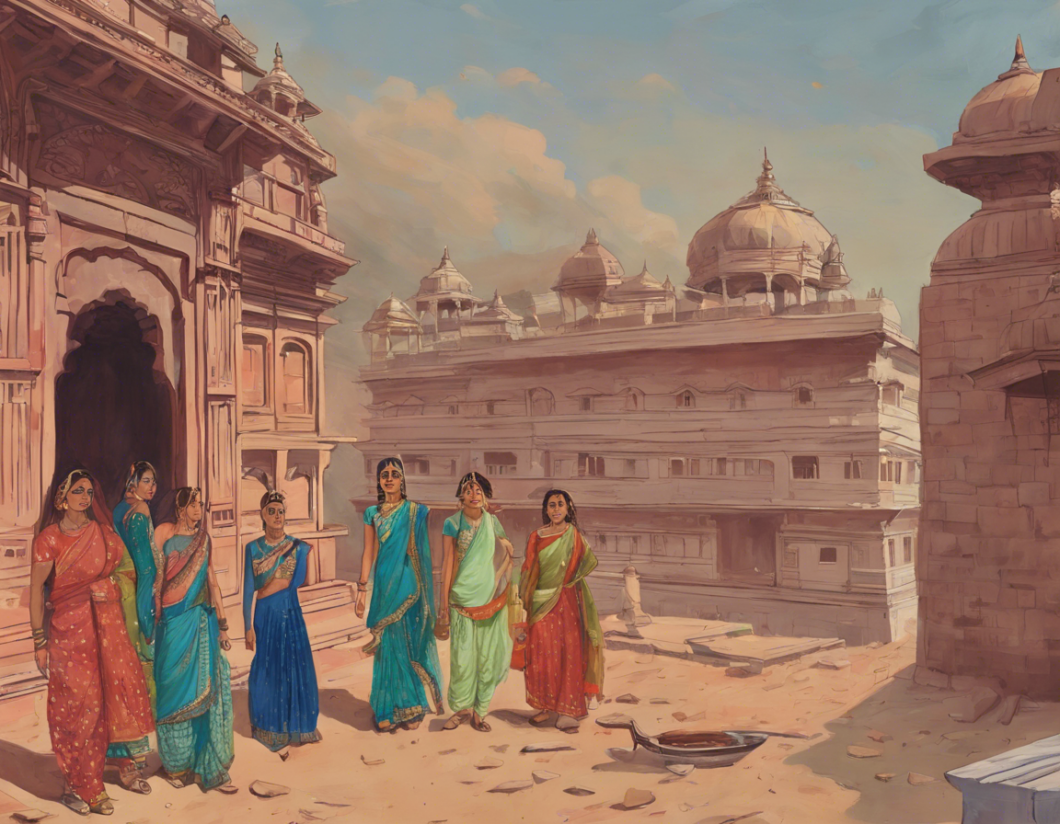Have you ever come across the term “Panauti” in your daily life in India and wondered what it really means? This colloquial term holds a significant place in the Indian lexicon, often being used to describe a person or situation that brings bad luck or misfortune. The term is commonly used in a light-hearted manner to express superstitions or beliefs related to unlucky circumstances.
Understanding the Origins of Panauti
The word “Panauti” has its roots in the Hindi language and is often used in North India. It is derived from the Sanskrit word “Pashu-Narayana”, which translates to a sacrifice or offering that is made for the welfare of mankind. Over time, the term has evolved to signify someone or something that brings negative energy or bad luck.
Mythological References to Panauti
In ancient Indian mythology, there are references to characters or entities that were considered to be “Panauti” due to their association with ill omens or unfortunate events. For example, in the epic Mahabharata, the character of Shakuni is often portrayed as a “Panauti” due to his role in instigating the Kurukshetra war and bringing calamity to the Kaurava clan.
Identifying Panauti in Daily Life
In modern times, the term “Panauti” is often used humorously to describe situations where things seem to go wrong or plans get disrupted unexpectedly. It could refer to a person who unwittingly brings bad luck, a series of unfortunate events, or even objects that are believed to carry negative energy.
Signs of Panauti:
- Constant Unlucky Incidents: If you notice a pattern of unfortunate events happening whenever a particular person is around, they might be dubbed as a “Panauti.”
- Breakage or Damage: Objects that consistently break or get damaged in the presence of a specific individual could be considered as carriers of bad luck.
- Missed Opportunities: Feeling like opportunities slip away whenever a certain person is involved in your plans could be a sign of their “Panauti” association.
Dealing with Panauti
While the concept of “Panauti” is deeply ingrained in Indian culture and superstitions, it is essential to approach such beliefs with a rational mindset. Here are some ways you can navigate the notion of “Panauti” in your life:
- Positive Outlook: Maintaining a positive attitude and focusing on solutions rather than blaming external factors can help counteract the influence of “Panauti.”
- Open Communication: If someone is being labeled as a “Panauti,” consider having an open and honest conversation with them to address any misunderstandings or beliefs causing the negative associations.
- Personal Beliefs: Respect others’ beliefs regarding “Panauti” while also asserting your own perspective if you do not subscribe to such notions.
Frequently Asked Questions (FAQs) about Panauti
- What is the literal meaning of “Panauti”?
-
Answer: The term “Panauti” is derived from the Sanskrit phrase “Pashu-Narayana,” signifying a sacrifice or offering for the benefit of mankind.
-
Can objects also be considered “Panauti”?
-
Answer: Yes, in Indian culture, certain objects are believed to carry negative energy or bad luck and are therefore referred to as “Panauti.”
-
Is it disrespectful to call someone “Panauti”?
-
Answer: While the term is often used humorously, it is essential to be respectful of others’ beliefs and sensitivities when attributing such labels.
-
How can one avoid being labeled as “Panauti”?
-
Answer: Fostering positivity, communication, and understanding can help mitigate the perception of being a “Panauti” in social settings.
-
Are there specific rituals to ward off “Panauti”?
- Answer: Various cultural practices and rituals exist in different regions of India to dispel negative energy or bad luck associated with “Panauti.”
In conclusion, the concept of “Panauti” offers a glimpse into the complex tapestry of superstitions, beliefs, and cultural nuances prevalent in Indian society. While it may be tempting to dismiss such notions as mere superstitions, understanding and respecting the significance of “Panauti” can provide insights into the rich cultural heritage of India.
